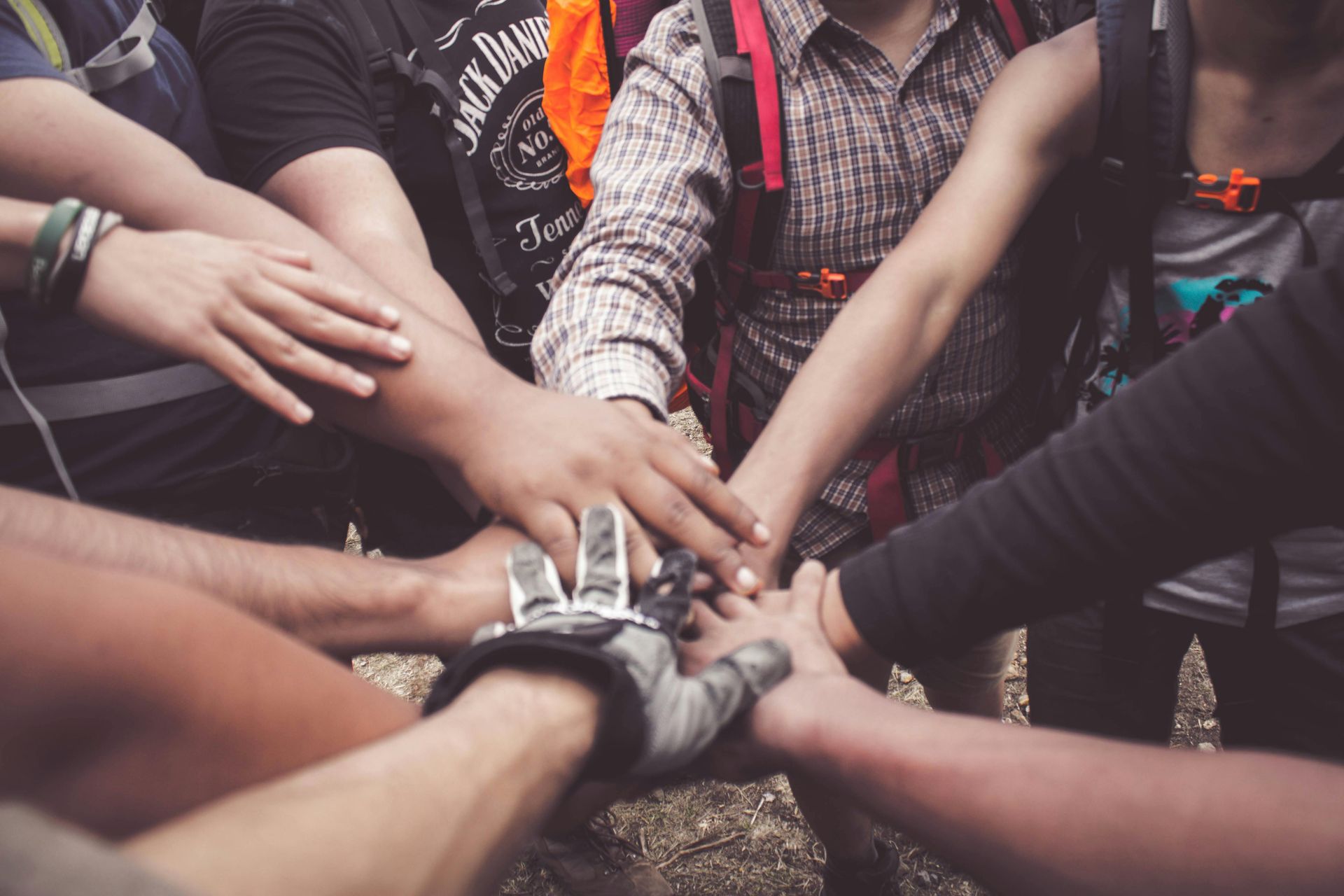The Powerful Link Between Community And Mental Health-💜
CNS Healthcare • May 2, 2025
Dealing with your mental health on your own can be difficult. You may feel isolated, overwhelmed, or wish you had someone to talk to. Fortunately, research shows that building a supportive community around you can make a significant impact on improving your overall mental well-being.
Community and mental health are closely related since humans are social beings. When you engage with supportive groups and other individuals, it helps to combat feelings of social solitude and improves your ability to cope with life's difficulties.
Keep reading to learn about the vital role community involvement plays in uplifting your mood and overall health, while increasing connectivity with others.
Key Takeaways
- Becoming part of a community is effective in helping people feel less lonely and isolated, improving their mental health.
- Making an effort to join clubs or support groups will give you a sense of belonging.
- Volunteering in your community can lift your mood and make you more resilient to mental illness.
- Connecting with others in safe spaces creates a sense of comfort, which makes difficult situations easier to manage.
- People with strong community ties have better access to mental healthcare and support services.
The Importance of Community in Mental Health
When you become part of a supportive community, it creates less loneliness and isolation, which results in improved mental health.
How social connections impact mental well-being
Close connections with other people is known to improve your mental health. They can help diminish feelings of sadness, anxiety, and stress. Talking with friends regularly will help to improve your mood and make your problems feel more manageable.
Join groups that have similar interests to you, like a book club or an exercise class. You can benefit even more here because these classes will keep you physically active while creating more social connection and a sense of belonging.
Reducing loneliness and isolation
When you become part of a group with a common interest, it reduces loneliness and isolation. It can act as early intervention to ward off more serious mental health issues later on.
Whether you join a hobby based group around a shared interest, or a community support group offering mental health services found locally in Oakland County, you'll be connected to people with shared interests and experiences. These connections provide vital social support that combats loneliness and will enhance your well-being.
Building a Supportive Community
Creating a supportive community involves building healthy connections. If you struggle to meet people on your own, it may help to connect with local organizations and support groups to start building your support network of people.
Strategies to foster connections and support systems
Improving your mental health begins with creating strong connections and support systems. Here's how to get started:
- Connect with local groups that share your interests or hobbies.
- Attend events or workshops at local community mental health centers, or join peer support programs where you can learn and connect with others.
- Volunteer for causes that are close to your heart. You can give back while meeting others who have shared interests.
- Reach out to social workers or mental health professionals about joining support groups if you're struggling with issues like substance abuse or mood disorders.
- Look for online forums or social media groups that focus on mental well-being. These provide an easy way for you to get quick support.
- Explore family therapy or group counseling to get family members involved in your mental health journey.
- Contact local community health services for more about crisis intervention, suicide prevention, and other critical resources.
- Join local sports teams or exercise classes to improve both your mental and physical health.
These are just a few ways you can start to network with your community members and start creating your own support system.
Connecting with local organizations and support groups
Connecting with local organizations that support mental health treatment can be a big help when building your supportive community. Get started with some of these ideas:
- Research and join local mental health support groups to connect with others dealing with similar issues in a safe space. Learn more about resources available for those in need of additional mental support like cognitive behavioral therapy.
- Attend local community education events organized by local mental health service providers, like CNS Healthcare in Detroit, Michigan. These events provide opportunities to engage and also access helpful resources.
- Volunteer with local groups that also focus on mental health care.
- Look for community resources that provide behavioral health care services.
- Collaborate with government organizations or social service providers that promote community focused events with the goal of improving mental health.
- Participate in events that are centered around children's mental health. These activities provide
a supportive environment for young people who may be facing mental health challenges.
By connecting with local Michigan organizations, you play an important part in shaping a supportive community that promotes good mental health for the local population.
Mental Health Outcomes Linked to Community Engagement
Becoming active in a supportive community is essential for having a positive mental wellbeing. When you're part of a community, it not only reduces a wide range of symptoms of severe mental illness but also boosts mental resilience.
Improved resilience and reduced symptoms of mental illness
When you have people in your community that you trust, it can enhance your mental strength. This means you're better able to manage life's challenges without feeling isolated or overwhelmed. Connecting with individuals within your community has been known to reduce depression, stress, and even anxiety.
This is especially important when it comes to older adults. Older adults who actively participate in their communities have a lower chance of ending up with depression. It's also been found that women are less likely to suffer from anxiety when they create strong bonds within their community.
To support your mental health, consider joining organizations or support groups in your local area.
Build Your Mental Health Support System
Building a supportive community to support your social and mental health is an important part of avoiding future mental health issues. By actively engaging with local organizations and support groups, you can create a network of strong social connections while also reducing loneliness that may stem from social isolation.
We are all responsible for taking care of our mental health, so it's important to put in the effort to take part in activities that help you connect with like-minded individuals to build your community. The support you need is out there, if you'll take the steps to find it!
FAQs
1. What is the link between community and mental health?
There is a strong connection between community and mental health. Studies show that being surrounded by supportive environments can greatly improve the quality of life for individuals suffering from mental health problems. Belonging to a group of people who share similar interests can also reduce feelings of social isolation.
2. How do community mental health services contribute to improving mental health?
Community mental health services can offer support services like case management, treatment options for substance use disorders, anxiety disorders, severe mental disorders, and more. These groups work alongside primary care providers in general hospitals to ensure effective care.
3. What role does physical activity play in community-based approaches to improving mental health?
Physical activity in a group setting is excellent for creating better physical health while also supporting positive mental health outcomes. Exercise and community both reduce risk factors linked to chronic diseases and serious mental illness.
4. Why are young adults often targeted for these types of programs?
Young adults face many issues when it comes to their emotional wellbeing. Community groups can provide youth with access to support networks where they can connect with people their age while also receiving valuable guidance from experienced professionals.
5. Are there any notable differences seen when comparing traditional hospital treatment versus community-based approaches?
Yes. Studies have shown significant differences favoring the method of community because of its focus on creating supportive environments. These environments improve resilience against symptoms like stress, which is common among those dealing with conditions such as serious mental illnesses.
Newsletter
Stay up to date by subscribing to our newsletter.
Recent Posts
SHARE THIS POST WITH YOUR FRIENDS













